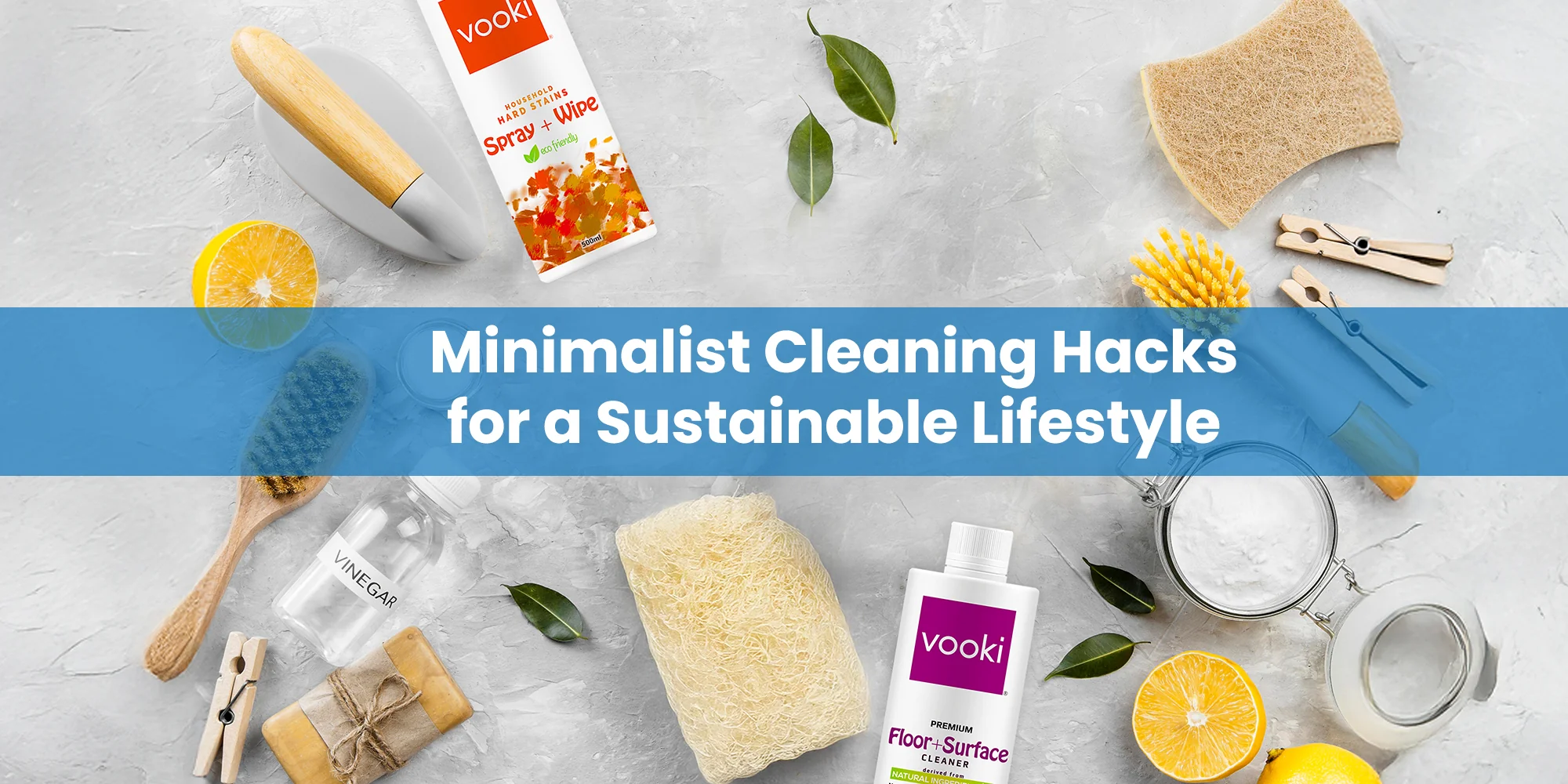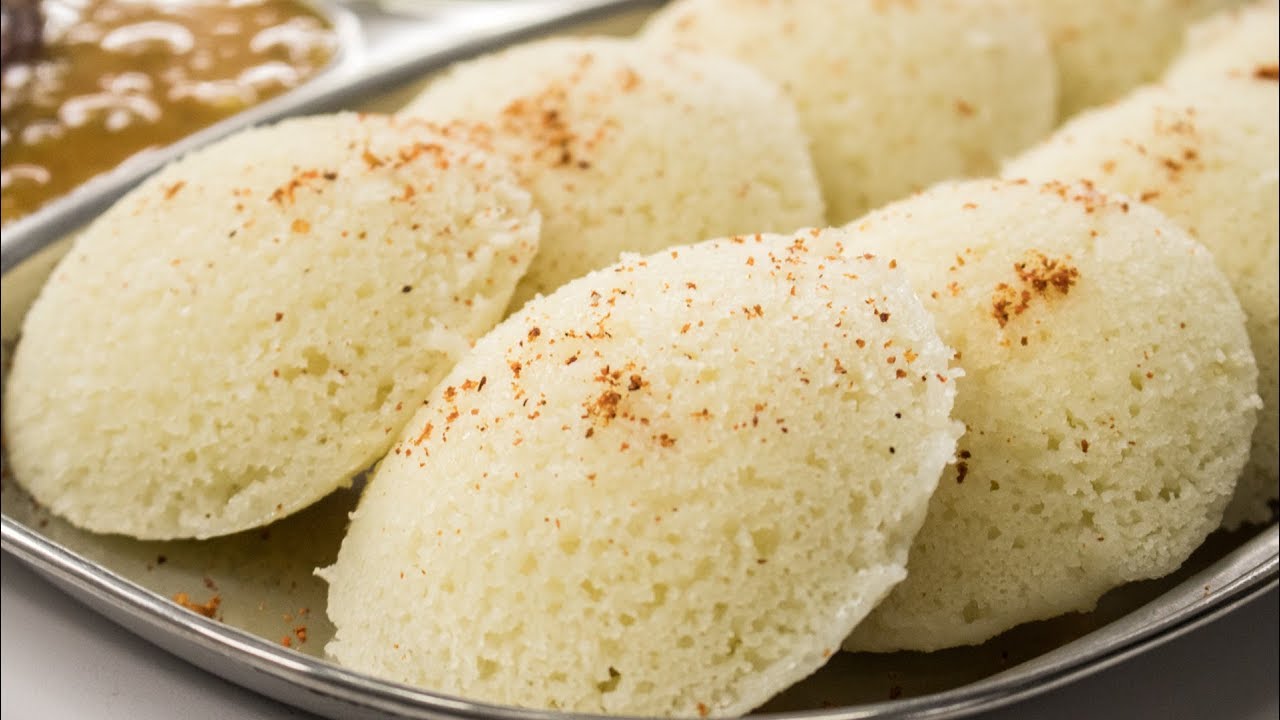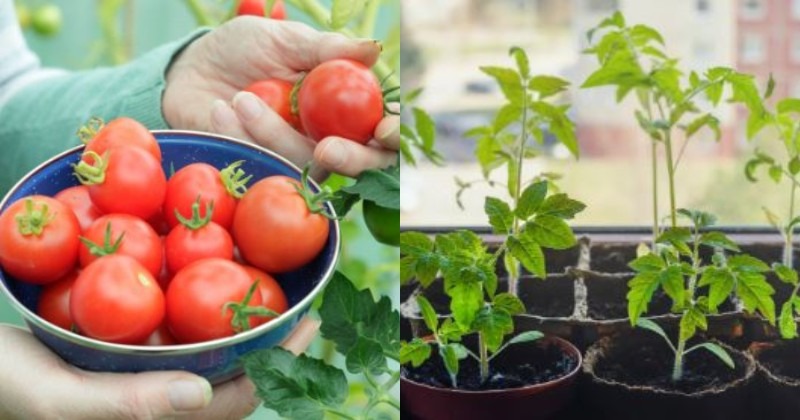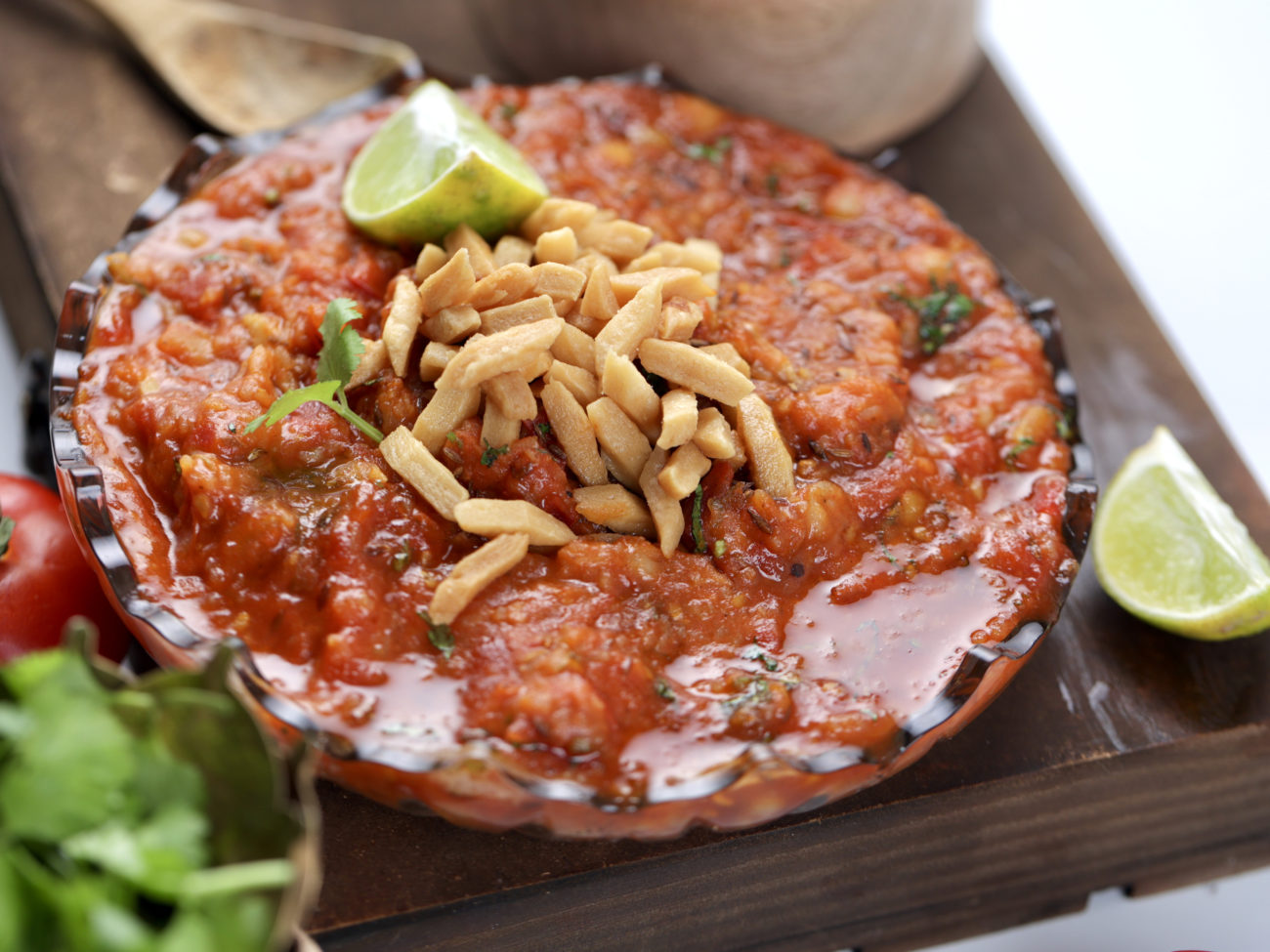Cleaning your home does not always require harsh chemicals. With just a few changes, you can make your cleaning routine safer, greener, and more budget-friendly. Eco-friendly cleaning reduces exposure to strong chemicals, cuts down waste, and saves water. By using natural ingredients and sustainable tools, you can maintain a healthy living space while also protecting the environment. This guide explains simple hacks, easy recipes, and practical tips designed especially for Indian households.
Why Go Eco-Friendly with Cleaning?

Many store-bought cleaners contain synthetic chemicals that can irritate the skin, trigger allergies, or harm your lungs. When these chemicals get washed down the drain, they can also affect rivers, lakes, and aquatic life. Using eco-friendly cleaners reduces these risks and creates a safer home environment. They also cost less and are often made with items already present in your kitchen. Experts and regulators around the world encourage switching to greener options because they are safer and better for long-term health.
The Safe Short List: What to Keep in Your Pantry
You do not need a shelf full of fancy products to keep your home clean. A few simple items are enough. White vinegar helps remove grease and mineral deposits. Baking soda works as a gentle scrub and deodoriser. Washing soda is stronger and can tackle stubborn grime. Castile soap or any mild liquid soap makes a good base cleaner. Lemon juice adds freshness and helps fight stains. Salt is another natural scrubber. Essential oils can be added for fragrance, but they are optional. Microfibre cloths, spray bottles, and jars will help you store and reuse your cleaning solutions. In Indian homes, neem leaves and clove oil can also be used for natural pest and mould control.
Also Read How to Get Enough Protein Without Meat: Plant-Based Protein Sources for a Healthy Indian Diet
Basic DIY Recipes for Natural Cleaning
Eco-friendly cleaning does not have to be complicated. You can create effective solutions at home with everyday ingredients. For an all-purpose spray that works on counters and tiles, mix two cups of water, one cup of white vinegar, one teaspoon of castile soap, and a few drops of essential oil in a spray bottle. Shake well before use. Avoid using vinegar on marble or granite as it may damage the surface.
For glass and mirrors, combine one cup of water, one cup of vinegar, and one tablespoon of rubbing alcohol. Spray and wipe with a microfibre cloth for a streak-free shine. For sinks and tubs, make a gentle scrub paste using baking soda and a little castile soap. Rub, let it sit for a few minutes, then rinse well.
To clean toilets naturally, pour one cup of white vinegar into the bowl and let it sit for an hour before scrubbing. For tougher stains, add half a cup of baking soda. For floors, mix a bucket of warm water with two teaspoons of mild soap and a cup of vinegar. Mop as usual but avoid vinegar on natural wood floors. You can also use baking soda paste to treat stains on clothes or add half a cup to the washing machine to brighten laundry.
Indian Hacks Using Local Ingredients
Traditional Indian cleaning methods also offer many eco-friendly solutions. Lemon and salt together clean copper and brass utensils. Neem water acts as a mild anti-fungal wash and can even be used for cloths or plants. Rice flour or sattu can help absorb oil stains from fabric. Tamarind paste works well on rust stains in steel utensils. These remedies are not only eco-friendly but also pocket-friendly and easy to find in local markets.
Save Water and Reduce Waste
Water scarcity is a reality in many Indian cities, which makes it important to clean smartly. Always use a two-bucket system when mopping—one for clean water and one for rinsing. Collect vegetable-wash water and reuse it for plants, provided it has no soap in it. Microfibre cloths clean better with less water compared to cotton rags. Choose refill pouches for soaps and detergents to cut down on plastic waste. Preparing concentrated cleaning solutions and diluting them as needed also reduces packaging and storage requirements.
Handling Tough Problems
Every home faces tough cleaning challenges like mould, grease, or clogged drains. For mould on grout, scrub with a paste of baking soda and water. For tougher stains, use diluted hydrogen peroxide but never mix it with vinegar. To fight greasy kitchen surfaces, apply a baking soda paste, let it sit, and then wipe with warm soapy water. For blocked drains, first use a mechanical tool like a drain snake. If the drain is still slow, pour hot water followed by half a cup of baking soda and one cup of vinegar. Wait for 15 minutes and flush again with boiling water. Persistent clogs should be handled by a plumber.
Buying Green When Necessary
Sometimes, store-bought cleaners are unavoidable. In such cases, look for brands that list ingredients clearly. Fewer and simpler ingredients are usually safer. Prefer products that are biodegradable and phosphate-free. Choose bulk packaging or refill stations when available. Avoid products with too many synthetic fragrances, as these may cause allergies. Reading the label carefully helps you make better choices.
Safety First
Eco-friendly does not mean careless. Certain mixtures can be dangerous. Never mix bleach with vinegar or ammonia, as this releases toxic fumes. Be cautious with borax, which some DIY recipes mention—it can be harmful if not handled properly. Always keep cleaners out of reach of children and pets, and label your bottles clearly. Test homemade cleaners on hidden spots before using them widely, especially on delicate surfaces like marble or wood.
Zero-Waste and Low-Cost Swaps
Going green also means reducing waste. Replace disposable paper towels with washable cloths. Choose mops with reusable pads instead of single-use ones. Compost kitchen waste instead of throwing it away. Soap nuts or homemade laundry bars are excellent low-waste laundry alternatives. Repair brushes and reuse containers instead of buying new ones. Small changes in your cleaning habits can lead to a big reduction in waste.
A Simple Weekly Eco-Clean Routine
A simple routine helps keep your home clean without extra effort. Wipe counters daily and rinse utensils quickly after use. Mop high-traffic floors twice a week with a mild soapy solution. Once a week, deep clean bathrooms and wash mats. Once a month, descale appliances like kettles and clean out the refrigerator. Following this routine prevents heavy build-up of dirt and saves time in the long run.
Frequently Asked Questions
Q: Is vinegar a disinfectant?
A: Vinegar cleans well but it is not strong enough to kill all germs. Use government-approved disinfectants when true disinfection is necessary.
Q: Can I mix baking soda and vinegar?
A: Yes, but remember the fizz is temporary. It helps lift grime, but the mixture cancels out each other’s strength. It is better to use them in steps—first baking soda, then vinegar rinse.
Q: Are essential oils safe for cleaning?
A: In small amounts, yes. But use carefully as some oils can irritate skin or affect pets, especially cats.
Q: Will DIY cleaners save money?
A: Yes, because ingredients like vinegar, lemon, and baking soda are cheaper than most branded cleaners.
Q: How can I clean delicate stone like marble?
A: Avoid acids like vinegar or lemon. Use only mild soap and water, or a stone-safe cleaner.
Final Thoughts
Eco-friendly cleaning is not only possible, it is practical. By using simple recipes, traditional Indian hacks, and smarter water-saving habits, you can keep your home fresh and safe while reducing waste. Start with just one recipe, like an all-purpose spray, and slowly replace harsh chemicals. With time, these changes become part of your daily routine, leading to a healthier lifestyle and a cleaner environment for everyone.
Author- AYushn











